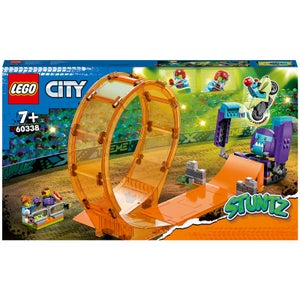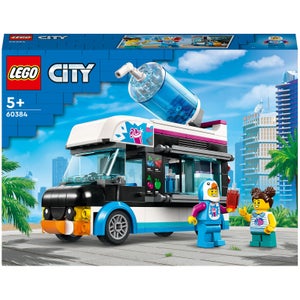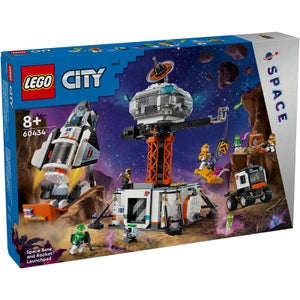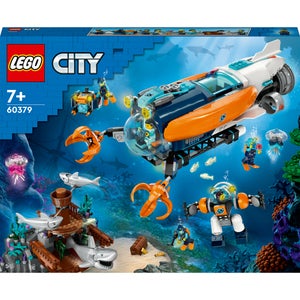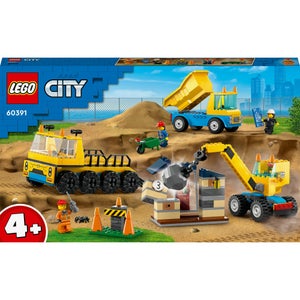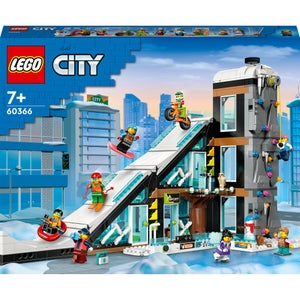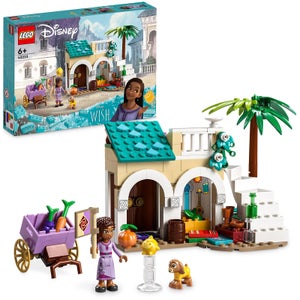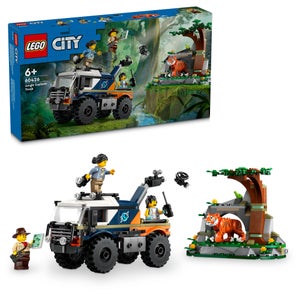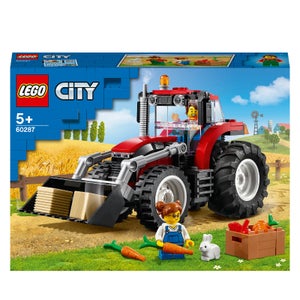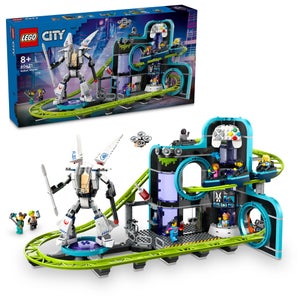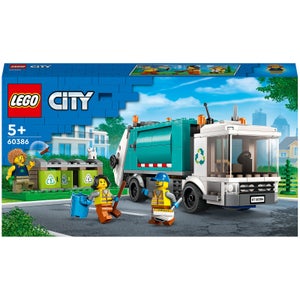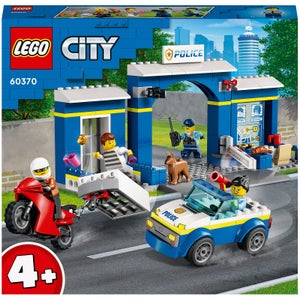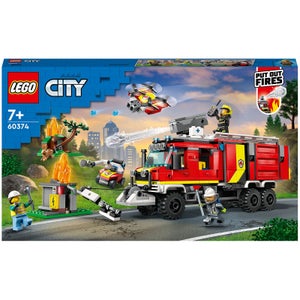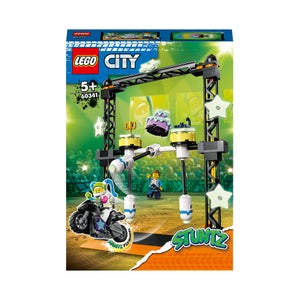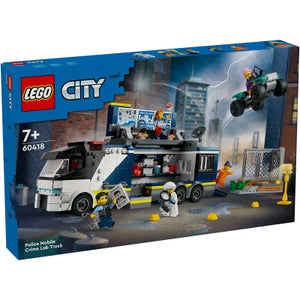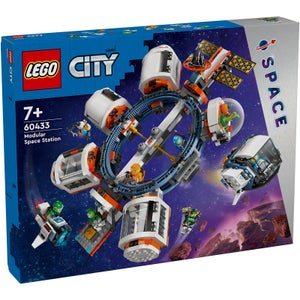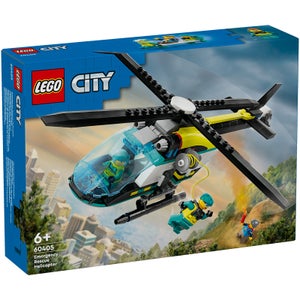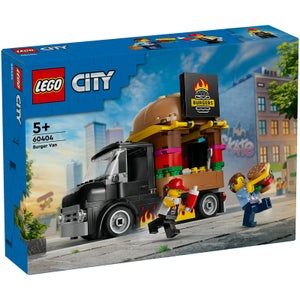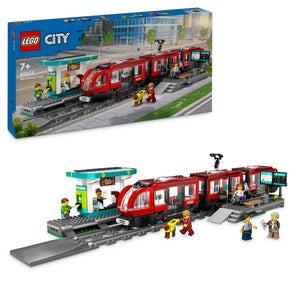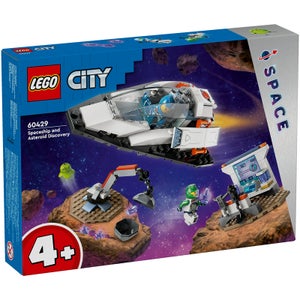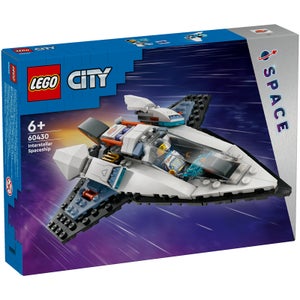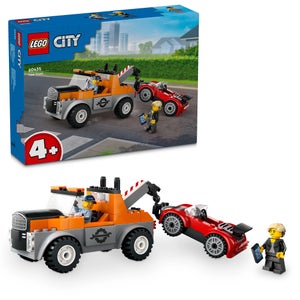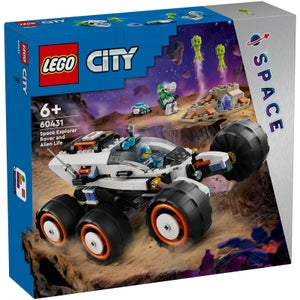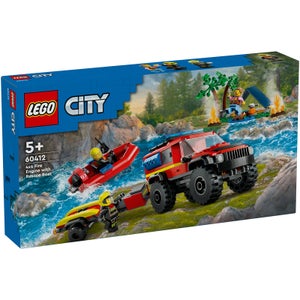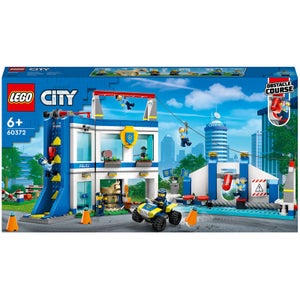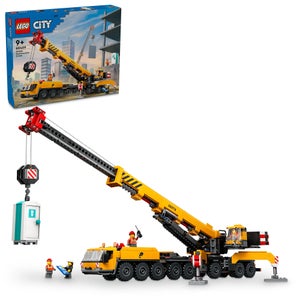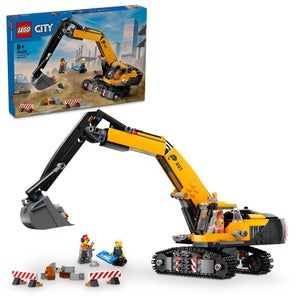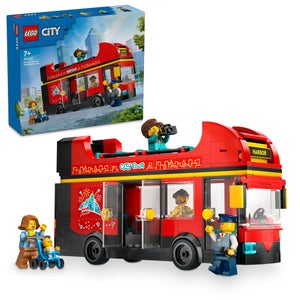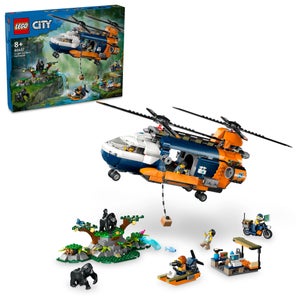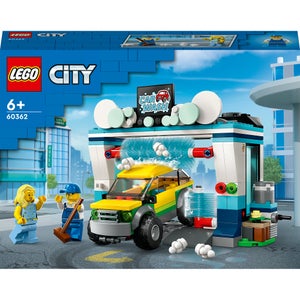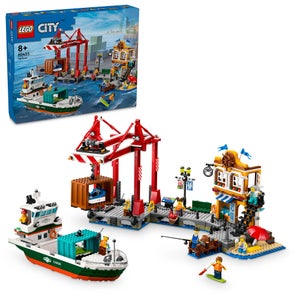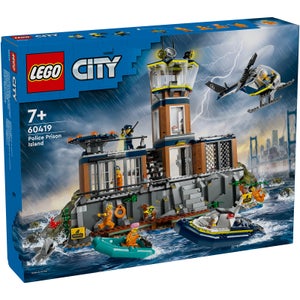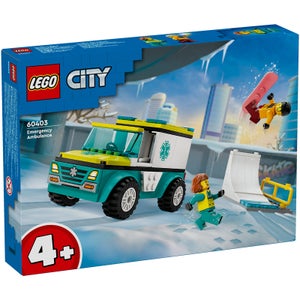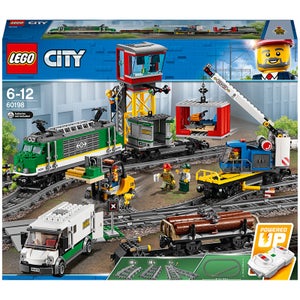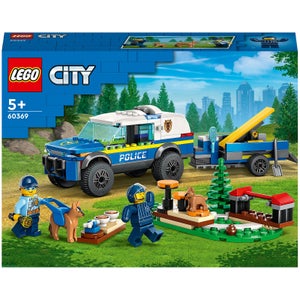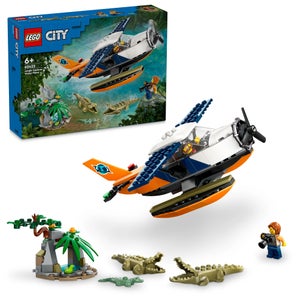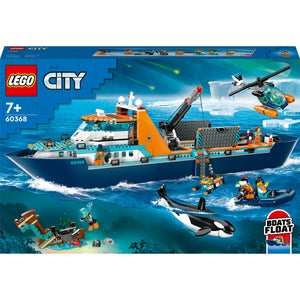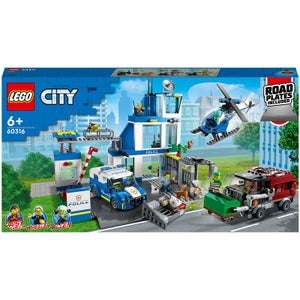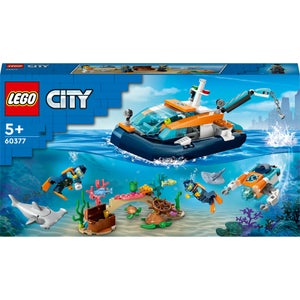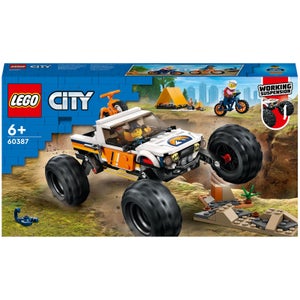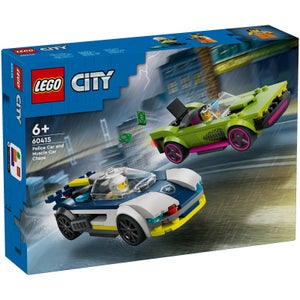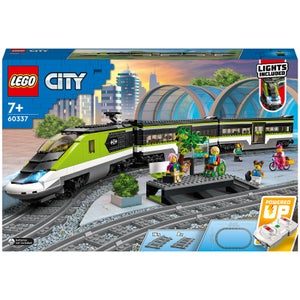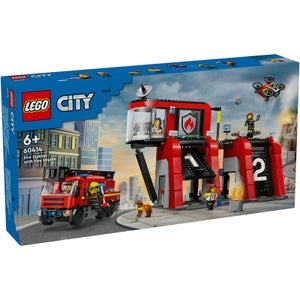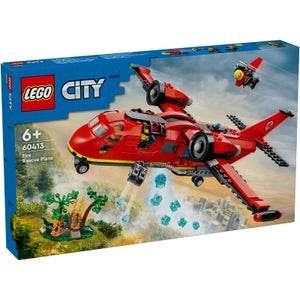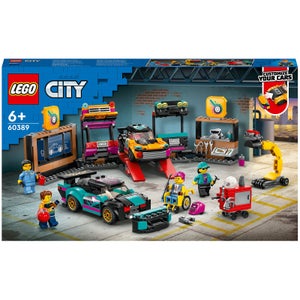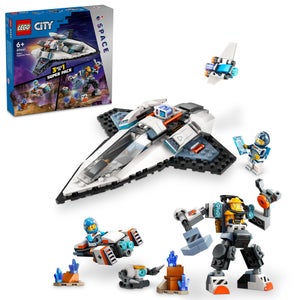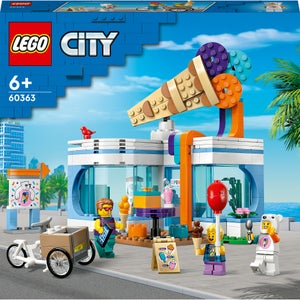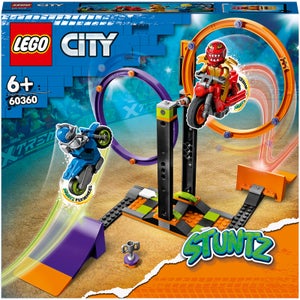What Is LEGO City?
When The LEGO Group introduced its now-signature minifigures in 1978, LEGO Town (the line that would eventually be rebranded to LEGO City) was among the original three themes, the other two being Castle and Space. Buildings and vehicles were not uncommon at this point, having been sold since the late ’60s, but this marked the introduction of a whole new set of products. Unfortunately, though Town coincided with the debut of minifigures, the vehicles included were not initially made to be compatible with them, with the items that comprised the setting functioning in the limited capacity of models.
Over time, Town spawned different sub-themes, the likes of which included police, fire, airport, trains, and coast guard — to name a few. This expansion led to the establishment of LEGO World City in 2003, and this evolved into what we know simply as LEGO City. Today, the theme has released more than 1,300 toy sets and promotional packs.
As well as the toys themselves, the theme also expands to other forms of media, most notably TV and video games (but also advent calendars). 2019 saw the debut of LEGO City Adventures, a computer-animated series that first aired on Nickelodeon. Traditionally, the line has not focused on named characters, but the show changes the status quo, introducing audiences to residents such as police Sgt. Duke DeTain (Joe Zieja) and fire Chief Freya McCloud (Misty Lee). Prior to this, in 2013, developer TT Fusion launched the Wii U–exclusive game LEGO City Undercover, which similarly features a cop in the role of protagonist: Chase McCain. The title was eventually re-released on Nintendo Switch, PlayStation 4, Xbox One, and PC.
From LEGO City Buildings to Cars
To accurately represent the day-to-day activities of a real-world city, LEGO City sets cover key infrastructure. At its most basic level, this encompasses roads, buildings (including a house, hospital, and airport), and communal areas (such as a town centre), but LEGO manages to elevate these playsets by including vehicles, complete with minifigures representing the local population. These toys — helicopters, cargo trains, boats, cars, tractors, planes, trucks, and so forth — allow kids to enjoy hours of play, during which they can take advantage of the immense variety, imagining unique and complex scenarios. These scenarios, many of which are devised by the LEGO team, can range from a relaxing day at the beach to a high-speed police chase following a bank robbery.
When the minifigures aren’t operating a crane on a construction site or packing their backpacks to hit the road in their caravan, there is a whole world to be discovered. Yes, LEGO City sets depict not only the urban cityscape but also what lies outside its borders. Children of all ages can transport their imagination to the underwater regions of the planet, which can be explored aboard the ocean exploration ship, or hop on the nearest space shuttle to venture beyond the atmosphere.
The LEGO City Emergency Services
Within every civilised society, you will find heroes. No, we aren’t talking about the types that wear capes and spandex; we’re concerned with the boys in blue and their fire-tackling counterparts. The police and the fire department have been the most popular corners of the LEGO City theme since its inception, with kids wanting to re-enact the public services that they provide. In recognition of this, LEGO offers several products based on the vehicles and buildings commonly associated with these services: response units, trucks, stations, and more.
It’s a good thing that these emergence services exist, as the minifigures of the Stuntz sub-theme face all sorts of danger. Revving the engines of their motorbikes or monster trucks, they are never afraid to make death-defying jumps, even if there’s a hungry shark lying in wait.
